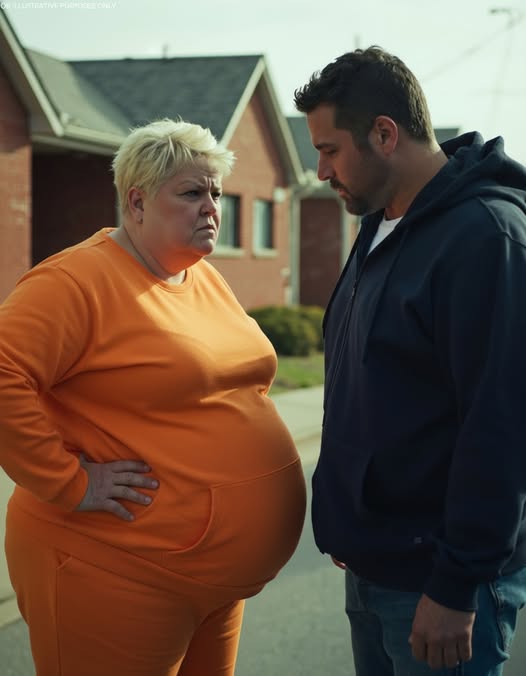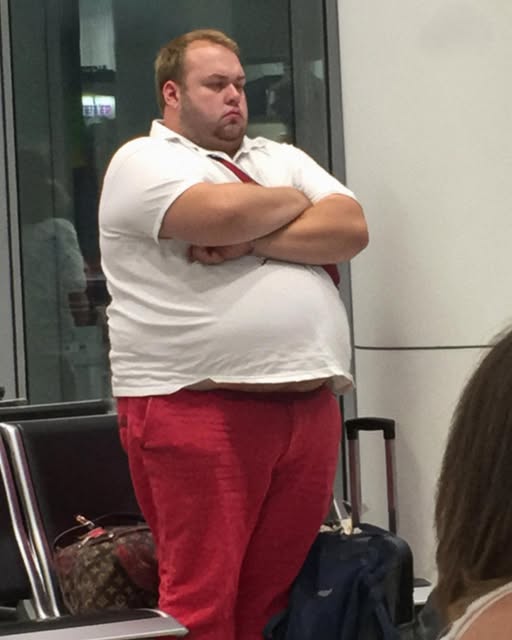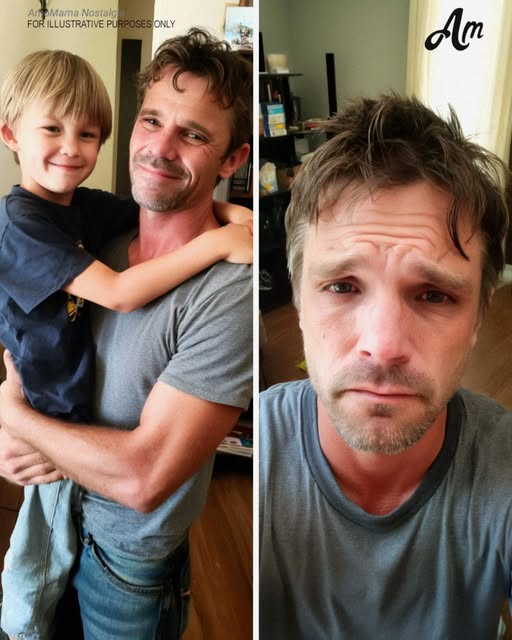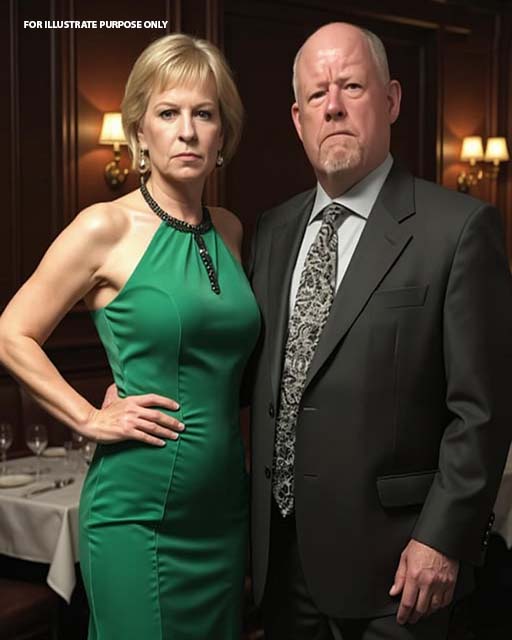The Son She Threw Away
From his earliest memories, Marcus Langenfeld knew he was unwanted. His mother, Irina, never hid her disdain. Her affection was reserved for his younger brother, Stefan, whom she spoiled endlessly while Marcus learned to survive on cold glances and harsh words.
When Marcus turned seventeen, Irina told him to leave.
“This house is not yours,” she said sharply, as Stefan sprawled across the couch. “You’re old enough to fend for yourself. Stefan needs space — and I can’t support you both.”
Marcus walked out with a duffel bag and a weight of shame heavier than any luggage. He found work in warehouses and on construction sites, studying at night until exhaustion blurred the lines between labor and ambition. Every insult, every rejection became mortar for the walls he built inside himself.
Years later, those same walls became the foundation of his success. Marcus founded a construction firm in Rotterdam, married Amalia, and built the kind of home he once dreamed of — one filled with light, laughter, and the gentle noise of children who never feared their parents’ love.
Meanwhile, Irina’s life decayed. Stefan, the son she had adored, drank away his chances. Their small flat in Dresden grew shabby; her pride shrank with every unpaid bill.
The Return
One afternoon, Irina and Stefan appeared unannounced at Marcus’s home across the river. The air smelled of pinewood and coffee. Amalia, ever gracious, brought out pastries to ease the tension. Irina’s eyes darted around the spacious room before settling on Marcus.
“You’ve done well for yourself,” she said. Then, without hesitation: “But Stefan has nothing. You should give him a house like this. He’s your brother.”
Marcus laughed — not with humor, but with the sharpness of old wounds reopening.
“A house? You threw me into the street. I slept on concrete floors. You never cared if I lived or died. And now you want me to reward the son who wasted everything?”
Stefan muttered, “You owe us. Blood is blood.”
Marcus’s reply was ice-cold.
“No. I owe you nothing. You made your choice — and so did I.”
Irina’s anger flared. She tried to stand, missed the edge of the chair, and fell. For a long moment, no one moved. Amalia stepped forward, but Marcus stopped her. Irina slowly rose, trembling, brushing dust from her skirt. For the first time, she seemed to understand: her eldest son was lost to her completely.
The Distance That Grew
After that day, Marcus severed all ties. His company prospered; his children grew; his name became known. Irina, aging and bent, clung to regret while Stefan drowned in drink.
They crossed paths only by chance.
At a supermarket in Hamburg, Irina spotted Marcus in line with Amalia and their toddler. His cart overflowed with fresh produce and fine goods. Hers held stale bread and margarine.
“Marcus!” she called.
He turned, met her eyes briefly, then faced the cashier.
“Marcus, it’s me — your mother!”
He took his bags and walked out, his wife’s hand in his, as if she were a stranger’s voice calling from another lifetime.
Later, at a clinic, she saw him again — holding a dark-eyed little girl who looked just like him as a boy.
“What a beautiful child,” Irina said softly. “Tell me her name. I’m her grandmother.”
Marcus stood, adjusted his daughter in his arms, and walked away.
“Marcus, please!” she cried. “Let me see my grandchildren!”
Her voice echoed down the sterile hallway. He never turned back.
The final time she saw him was through the window of a café in Lyon. Inside, Marcus sat with Amalia and their children, laughter spilling like sunlight across the table. They looked whole, untouched by the past.
Irina stood outside in her worn coat, shivering. When Marcus finally looked up and saw her, their eyes met. She raised a hesitant hand in greeting. He looked away and bent toward his children again.
That night, she faced the truth she had long denied: she had thrown away the best of her children — and he had learned to live without her.
Sitting alone in her small flat beside her drunken son, Irina whispered into the silence:
“I lost the best of my children.”
And for once, she did not lie to herself.




